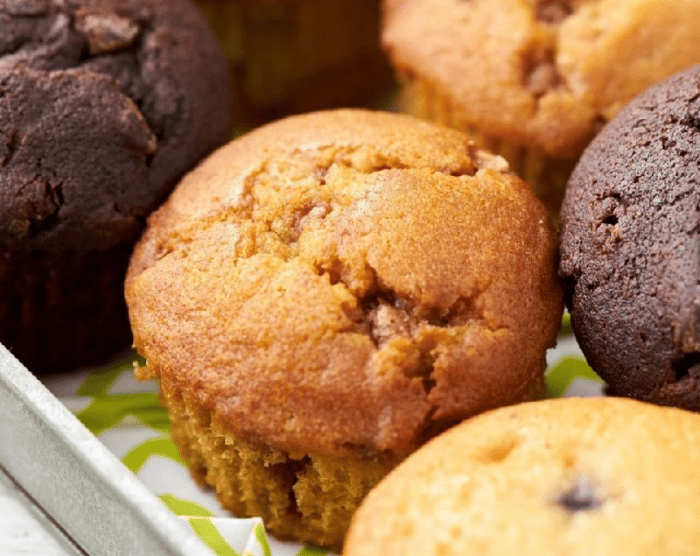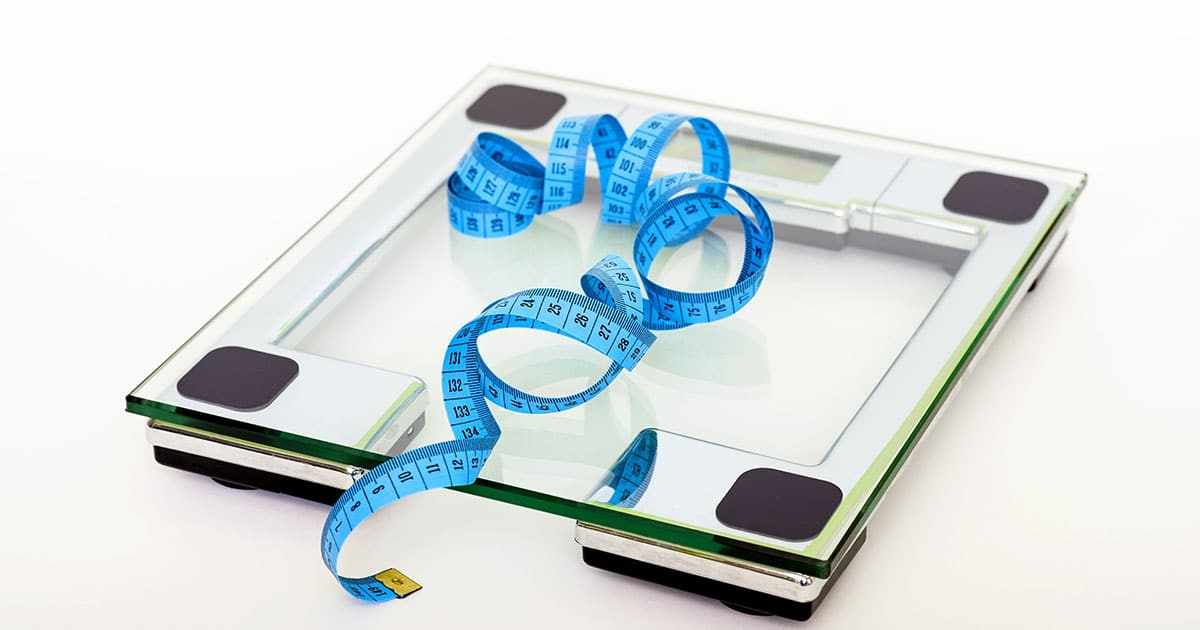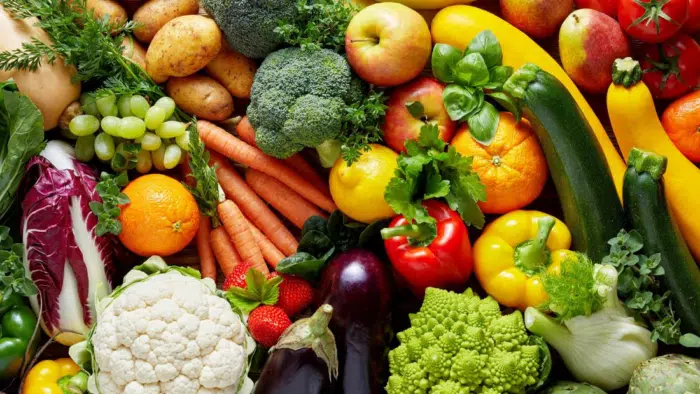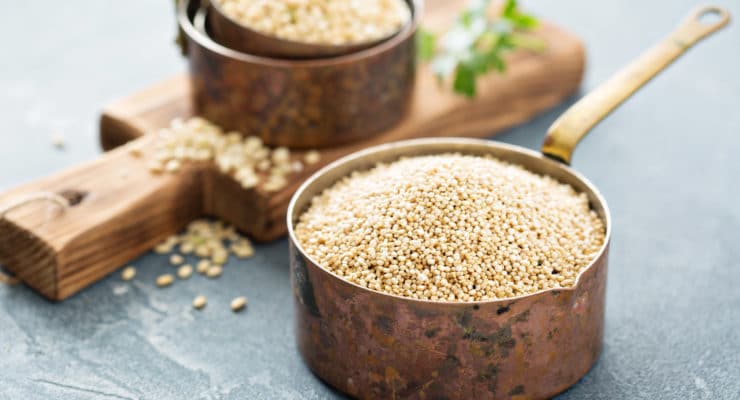We put ourselves at risk of developing a thyroid disorder if our thyroid gland fails to function properly or if the levels of T3, T4, or TSH hormones are unbalanced. A thyroid disorder, particularly hypothyroidism, is a common but serious health problem in which the body fails to produce enough thyroid hormones. It can affect daily functioning and metabolism.
While it is important to diagnose the condition early, it is also critical to holistically manage and treat the disease.
As a result, in addition to medications, concentrating on what you eat when you have a thyroid is often regarded as an essential key to managing one’s thyroid condition.
Because our thyroid gland and the hormones it produces play an important role in managing fatigue, weight changes, mood disorders, and skin health.
It is critical to eat foods that improve energy, elevate hormone levels, and sustain functioning. And a weight loss doctor can provide you with the best thyroid diet menu.
Diet to help manage hypothyroidism
The kitchen is where the first non-medicative steps to managing and treating hypothyroidism start. While there is no magic cure or one diet that will cure thyroid issues. Eating the right foods, reading food blogs about what to eat and what not to eat. And consulting a doctor can help to reduce the severity of symptoms. For an underactive thyroid, manage weight gain that comes with hypothyroidism. Improve metabolism, combat low energy signs, and make you feel a whole lot better!
Foods to Eat:
Just though your Thyroid is out of whack does not mean you cannot eat much good food. Here are some smart choices that will help you maintain your thyroid health. Most of them will fill you up with not many calories-a, which is ideal if you are trying to lose weight.
Seafood & Seaweed
Consider seafood to be your Thyroid’s best friend. Many types of fish are high in iodine and other minerals that your body requires to make and use thyroid hormones effectively.
Best bets:
- Cod, tuna, seaweed, shrimp, and other shellfish are high in iodine, required for thyroid hormone production.
- Selenium is rich in tuna and sardines, a mineral that aids thyroid hormone activation.
- Zinc is high in oysters, Alaskan king crab, and lobster, a mineral that helps regulate thyroid hormone release and absorption.
Lean Meats
Lean meats are an excellent source of zinc, which our bodies require for proper thyroid function. So don’t you eat meat? However, other wonderful options are beans and fortified breakfast cereals (kidney beans, baked beans, and chickpeas).
Nuts and Seeds
Try eating a few Brazil nuts every day if you want to show your Thyroid some love. One ounce (about 6–8 nuts) provides 544 micrograms of selenium. Therefore, making it one of the richest sources around. Cashews, pumpkin seeds, and sunflower seeds are also thyroid-friendly options.
Snack on a handful of nuts, top oatmeal with sunflower-seed butter, or add cashews into your salad.
Leafy Greens
Spinach, collard greens, and kale are dark, leafy green vegetables that score high in three ways. They are high in iron, magnesium, and vitamin A. All of which your Thyroid needs to function correctly. Vitamin A aids thyroid hormone production. Whereas iron and magnesium help the thyroid hormone to absorb. A small study of healthy premenopausal women ages 17 to 50. Found that getting enough vitamin A, can help reduce the risk of mild hypothyroidism.
Another benefit: leafy greens are a good source of fiber, which helps digestion. If you have constipation due to hypothyroidism, a fresh salad or a serving of greens will help you get things moving again.
Eggs
Egg whites are rich in proteins and can help to boost a slow metabolism. However, please do not skip the yolks; they are high in iodine and selenium, and they are also a good source of protein. A whole egg has 6 grams, with the yolk about half of that protein.
Yogurt & Other Dairy
Iodine is a good source found in yogurt, milk, cheese, and other dairy foods. For example, one cup of low-fat yogurt provides half of your daily iodine needs. Dairy foods also include vitamin D, which many hypothyroidism people require more of.

Foods to avoid:
Gluten
Gluten, a protein found in wheat, barley, and millet-based foods, can alter digestion and irritate the small intestine. As a result, thyroid hormone absorption is hampered, resulting in hypothyroidism. On the other hand, a gluten-free diet also aids thyroid medication absorption, according to a study. If you require gluten-containing grains, choose whole grains rather than processed or polished grains. Corn, oats, buckwheat, rice, quinoa, and finger-millet (ragi) are a few gluten-free grains to consider in your gluten-free diet.
Cabbage family vegetables
Cruciferous vegetables, such as broccoli and cabbage, are high in nutrition and fiber, but they also contain a compound called goitrogens, which can affect thyroid function. According to some studies, raw cruciferous vegetables impede iodine absorption and thyroid hormone production; hence they should not be taken. On the other hand, researchers argue that eating many cruciferous vegetables is necessary to change thyroid function. If you do decide to include these veggies in your diet, do so in moderation and ensure that they are cooked well since this will inactivate the goitrogens included in them.
Soy and soy-derived food products
Isoflavones, a compound found in soy, tofu, and soy milk, raise the risk of hypothyroidism and make thyroid hormone absorption harder. However, while the jury is still out on whether consuming more soy products would worsen the conditions, it is best to avoid the intake of these foods.
Caffeine
Coffee may be a favorite morning ritual for some people. However, according to a study published in the journal Thyroid, caffeine in coffee can block thyroid hormones absorbed in the digestive system. Therefore, hypothyroidism patients should also take their thyroid supplement first thing in the morning. If you really must have it, doctors advise that you wait at least 30-45 minutes after taking the supplement before drinking coffee – or any other food or beverage for that matter.
Junk or processed foods and desserts
Processed foods such as preserved meat, canned desserts, packaged chips, and fritters have a lot of salt, sugar, oil, and preservatives and should be avoided. These foods are high in empty calories and provide little or no nutrition, adding to the body’s calorie burden. In addition, hypothyroidism causes a slower metabolism, making it more difficult to burn excess calories, leading to obesity.
Alcohol
Before you order your favorite cocktail, keep in mind that alcohol can cause havoc to both thyroid hormone levels in the body as well as the thyroid gland’s ability to produce the hormone. In addition, mood disorders, which are also related to hypothyroidism, can be exacerbated by alcohol. As a result, if you have a thyroid issue, you should avoid the consumption of alcohol.
Final Words
Remember that some foods should be limited or avoided to avoid weight gain, a common symptom of thyroid problems, and medication contradictions. To treat your condition as effectively as possible, consult your doctor or follow a diet plan created for your specific needs.
Thank you, to the author of this article: Dr. Samreen Khan
















